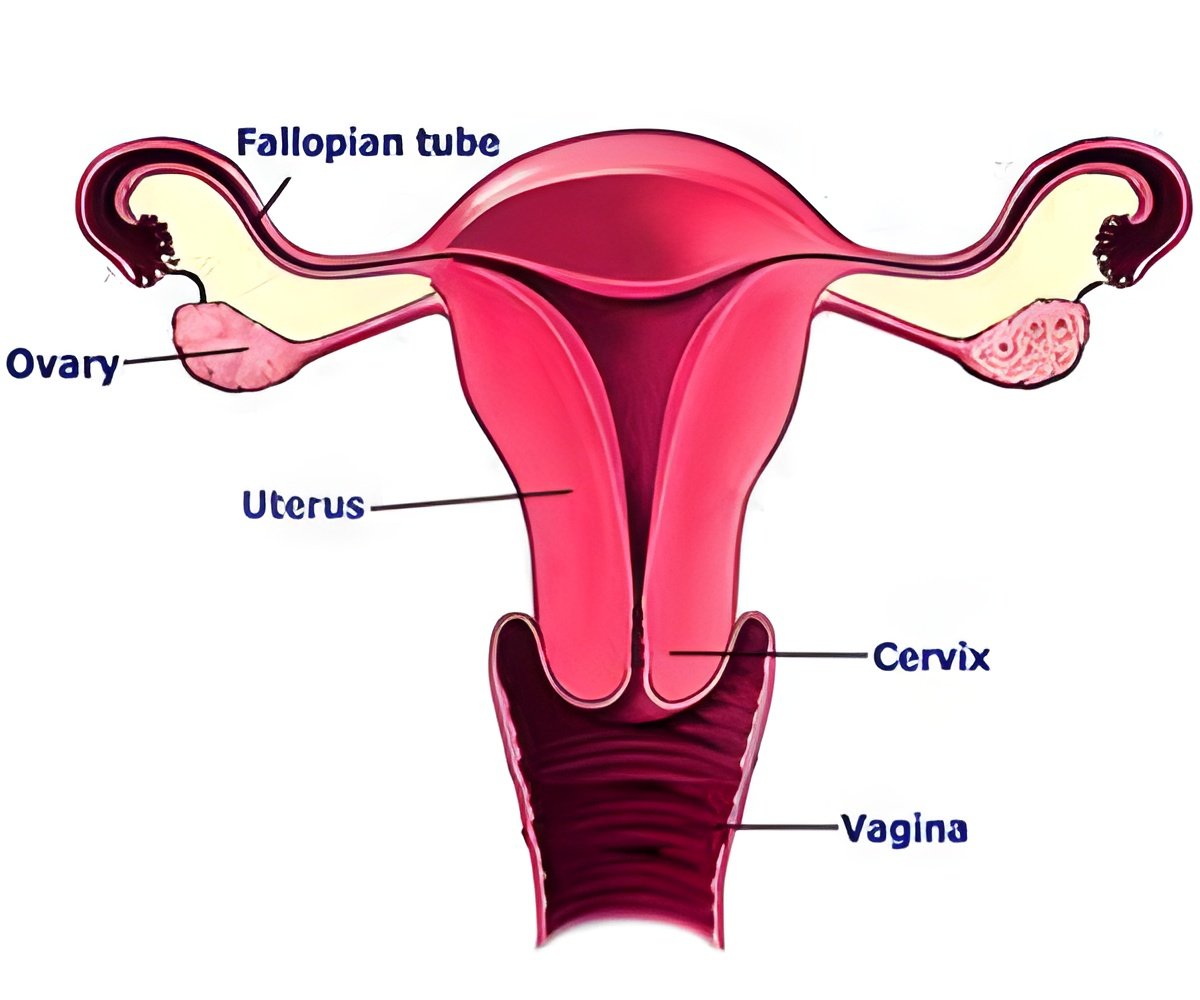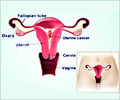This year, 113,520 women in the United States will be diagnosed with gynecologic cancers (cancers of the reproductive organs), estimated the American Cancer Society.

‘When gynecologic cancers are detected early, there is a better chance of having more effective treatment and better outcomes.
’





Cervical cancer: Women between the ages of 21 and 65 can undergo pap smear. The test detects the precancerous changes that occur in cells and can eventually become cervical cancer. Vaginal and vulva cancer: There are no appropriate screening tests available for vaginal and vulva cancers. Women should notify their doctor/gynecologist if they develop any changes in the vaginal region.
Uterine cancer: Women at the menopausal time should be aware of uterine (endometrial) cancer risks. The symptoms include abnormal vaginal discharge or bleeding, abdominal or pelvic pain, and pressure.
Ovarian cancer: There are no screening tests available for ovarian cancer. Women should undergo an annual pelvic examination to check the health of the pelvic region. Physicians often rely on the common symptoms of abdominal pain, bloating, or change in urinary or bowel function to guide them in ovarian cancer detection.
Tips to Reduce Your Cancer Risk
- Maintain a healthy weight
- Be physically active
- Eat a healthy diet
- Avoid or quit smoking and alcohol
- Talk to the doctor about your gynecologic health.
Advertisement









